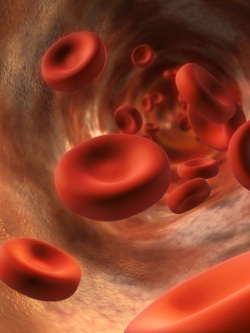what is carbon monoxide posioning ?
Carbon Monoxide poisoning
There are approximately 400 admissions to hospital with Carbon Monoxide (CO) poisoning in England each year and around 40-50 deaths. CO exposure can lead to anoxic brain injury and this section explains what CO poisoning is, its symptoms, treatment and how to prevent it.
What is Carbon Monoxide (CO)?
CO is a colourless and odourless gas, making its presence difficult to detect. It is formed when domestic fuels such as gas, coal, wood and charcoal are burned and by petrol engines. When fuel burns in an enclosed room, the oxygen in the room is gradually used up and replaced with carbon dioxide. If carbon dioxide builds up in the air, the fuel is prevented from burning fully and starts releasing carbon monoxide instead.
How is Carbon Monoxide (CO) poisoning caused?
CO is so dangerous because it binds very tightly to haemoglobin in the red blood cells and so reduces the amount of oxygen which can be carried in the bloodstream. Haemoglobin is the molecule in the blood that oxygen binds to in order to be carried around the body. The binding of CO to haemoglobin is actually more than 200 times stronger than for oxygen, so the CO effectively takes up all the space on the haemoglobin. In addition, CO interferes with the delivery of oxygen from haemoglobin into the body tissues.
These effects severely reduce the oxygen carrying capacity of the blood and limit the availability of oxygen to the body, with the brain and heart being particularly vulnerable. This can lead to anoxic brain injury. Pregnant women and the foetus are particularly susceptible to the toxic effects of CO.
How Do I Prevent Carbon Monoxide Poisoning?
The best way to prevent carbon monoxide poisoning is to follow these guidelines:
- Invest in a carbon monoxide detector for each floor of your home. Be sure that your carbon monoxide detectors meet Underwriters Laboratories (UL) safety standards and that you place them where local regulations dictate in your home (usually this will be near bedrooms).
- Only use space heaters in well-ventilated areas.
- Store your generator outdoors, never use it inside.
- Open the damper of your fireplace before every use.
- Bring in a professional chimney sweep for an annual inspection and cleaning of your chimney to ensure no clogging, blockage or damage puts your family at risk.
Following these preventative measures is the best way to protect you and your loved ones from the silent killer. Please, contact one of our chimney professionals if you have a question about carbon monoxide poisoning or are concerned about your fuel-burning appliances.
We sell them for 30.00 euro fitted

Latest comments
Hi. Please contact to arrange to give a quote for chimney sweeping. Thank you.
Hi Natalya
Please send me a contact number..where are you located?
Hello, can I have a quote for a chimney inspection/cleaning.
Thanks !
I want to purchase a carbon monoxide detector. I live near Polis so can one be posted or sent by courier. Thanks